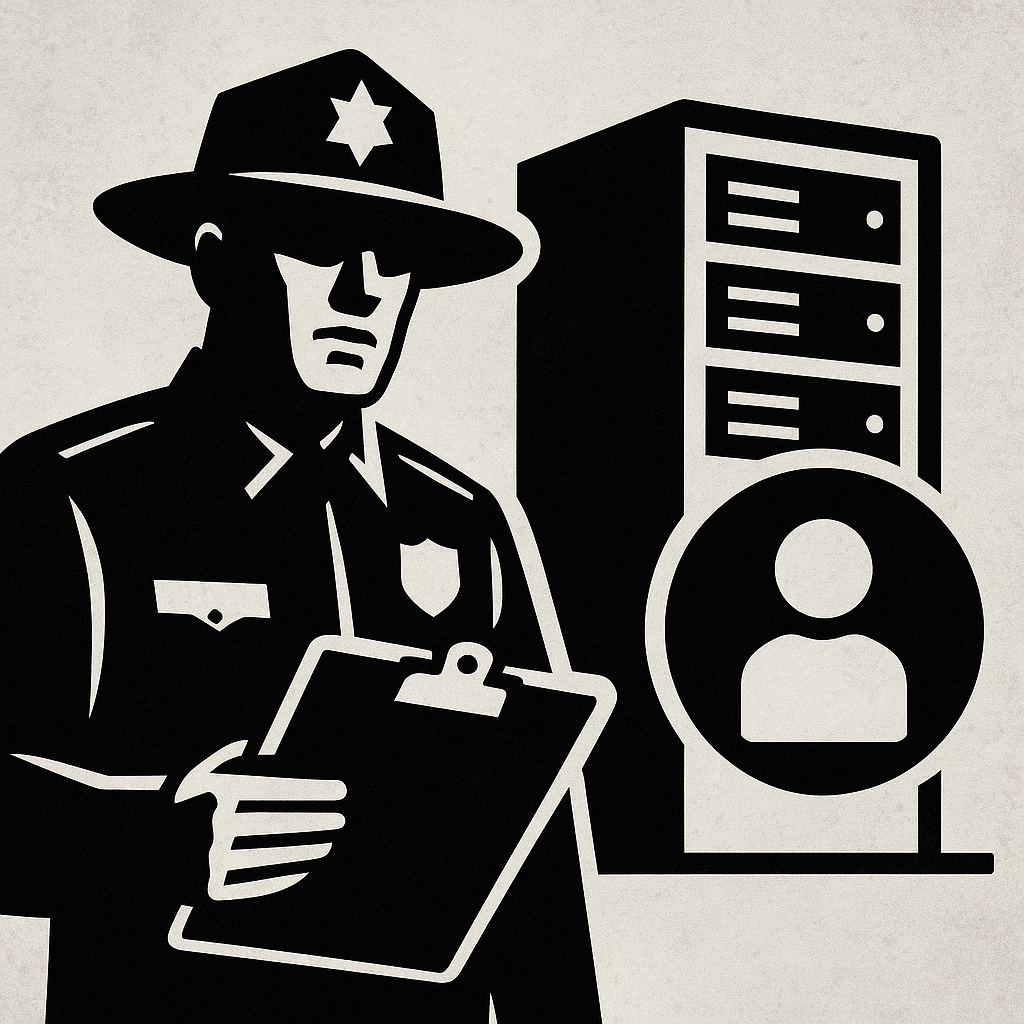A new CyberScoop investigation reveals that despite California’s strict privacy laws, hundreds of registered data brokers are failing to comply with CCPA/CPRA opt-out and deletion requests. This widespread non-compliance poses a serious threat to digital privacy—and highlights why a private browser is more important than ever.
What the Study Found: Rampant Non‑Compliance
Researchers in California submitted data requests to over 543 broker firms under the California Privacy Protection Act (CCPA/CPRA). The results were startling:
- 43% of data brokers completely ignored the requests.
- Only 52% responded within the 45-day legal window.
🔍 This is blatant neglect of consumer rights.
This systemic failure undermines the core rights granted by the CCPA—right to know, right to delete, and right to opt out of sale.
Why It Matters: Your Data Still Circulates—Even If You Opt-Out
Even when a company agrees to delete your data, it may already have sold or shared your personal info with dozens of third parties, many of which don’t register as brokers. That means your identity and habits remain exposed—outside your control.
Without enforcement, opt-out becomes an illusion.
Legal Safeguards Are Expanding—but Enforcement Is Weak
California’s Delete Act (SB 362) mandates:
- Mandatory annual broker registration with CPPA
- Fines up to $200 per day for failure to register
- Launch of a centralized deletion tool (DROP) in 2026
Despite this, brokers continue to flout the rules. Recent enforcement actions include penalties and even forced shutdowns for major non-compliant brokers like Background Alert and National Public Data.
Moreover, state privacy advocates report hundreds of brokers registered in one state but missing in others—a loophole ripe for exploitation.
How a Private Browser Helps You Stay Private
Your rights might exist on paper—but private browsers give you a tool to limit exposure proactively, no matter how data brokers behave. Here’s how:
- Agent cloaking and fingerprint blocking prevent websites from reconstructing your identity using browser traits.
- Automatic session wipe ensures no residual activity is left on your device.
- Tracker blocking and IP masking stop third-party analytics and user profiling before it starts.
Take control today.
Download Incognito Browser and block trackers, logs, and profiling—regardless of broker compliance.
Browsers like Incognito Browser are built for this—even if brokers refuse to comply with deletion requests.
Practical Steps for Privacy-Minded Californians
- Use a private browser like Incognito Browser — it doesn’t collect or log your activity.
- Submit data deletion or opt-out requests through the CPPA registry directly—but don’t rely on compliance.
- Pair your browser with a VPN to conceal your IP from both ISPs and profiling networks.
- Use encrypted DNS and block analytics scripts to further reduce the metadata footprint.
- Engage with civil liberties organizations such as EFF and Privacy Rights Clearinghouse.
Bottom Line: Consumer Rights Are Only as Strong as Enforcement
California is at the forefront of privacy legislation—but enforcement remains inconsistent. Until deletion tools like DROP launch in 2026, and until brokers are held accountable, a private browser is one of your best defenses.



